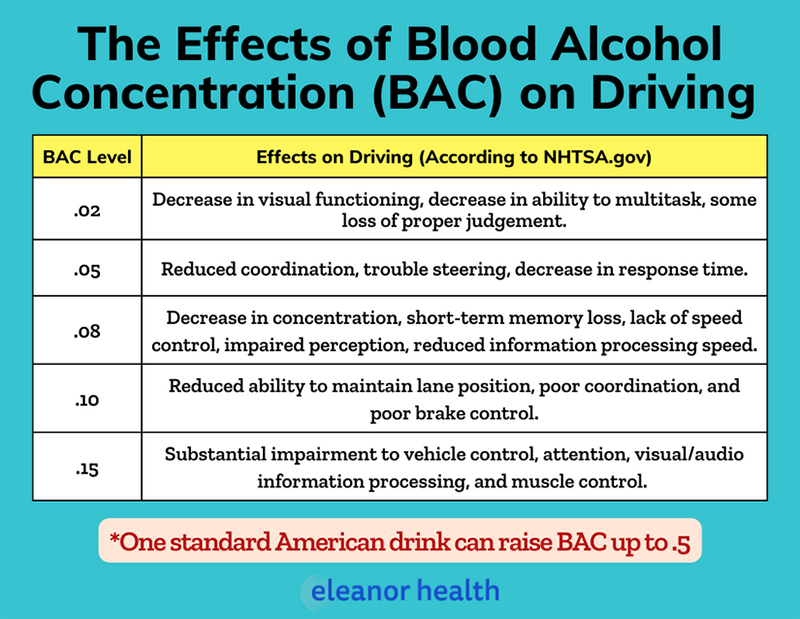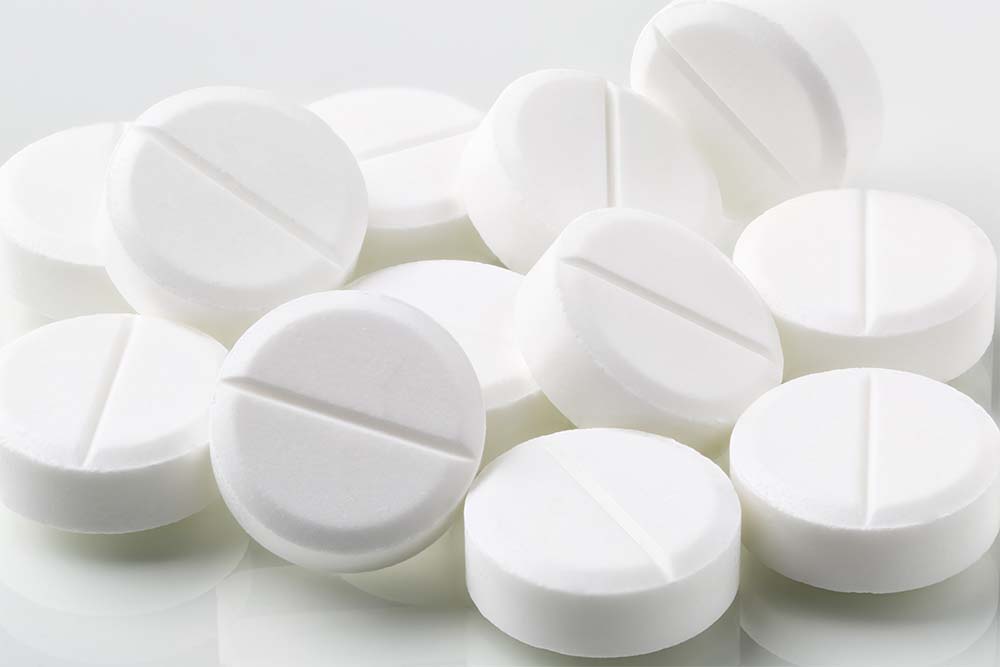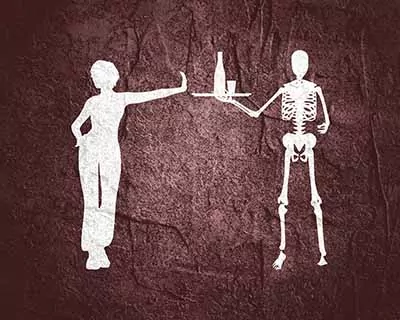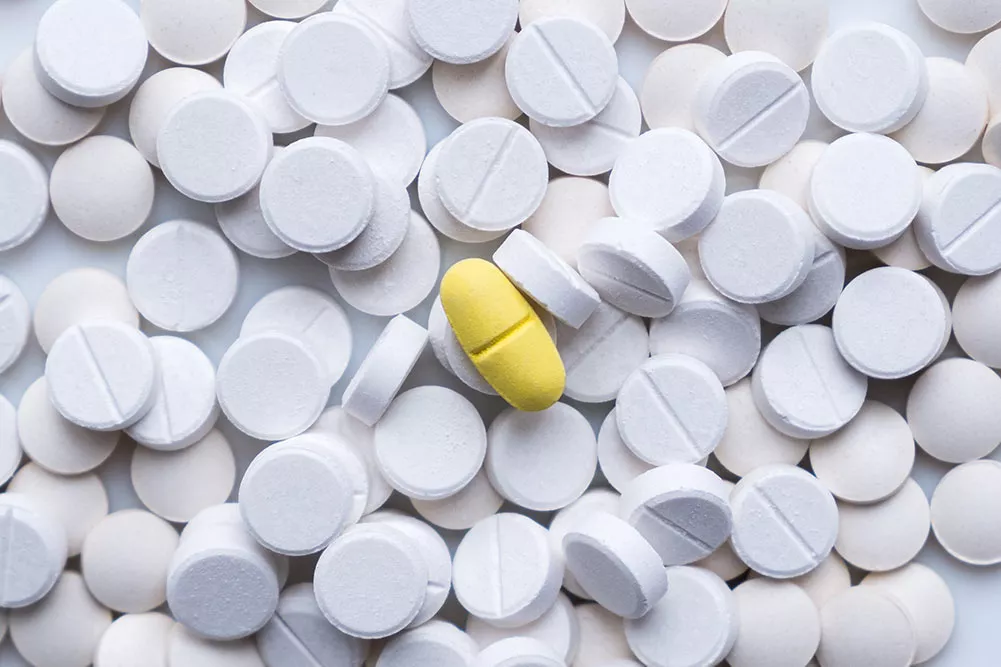We often associate December with festive fun and celebrating the holidays with friends and family. Something often forgotten is that December is also National Impaired Driving Awareness Month, for a good reason. In 2019, The National Highway Safety Traffic Administration (NHTSA) reported that during the week between Christmas and New Year’s Day, 210 people died in alcohol-impaired driving crashes [1].
Over 10,000 lives are lost each year to impaired driving-related causes, and the number has only increased since the COVID-19 pandemic [2]. These statistics are incredibly alarming and are 100% preventable if nobody were to drive while under the influence. National Impaired Driving Prevention Month is a reminder to help decrease the number of impaired driving-related deaths by only driving completely sober, helping others get home safe, and supporting people experiencing Substance Use Disorder (SUD) before mistakes like impaired driving are made.
Impaired driving—also known as drunk driving and buzzed driving—refers to operating a motor vehicle while under the influence of drugs or alcohol (Blood Alcohol Content, or BAC, over or equal to .08%) [3]. “Distracted driving” and “drowsy driving” also fall into the category of impaired driving. Except they involve texting or falling asleep at the wheel rather than using substances. All kinds of impaired driving are hazardous and account for about ⅓ of all driving fatalities [4].
It’s fair to assume that most people do not want to hurt others intentionally. But if most people know driving under the influence or while distracted is dangerous, why do so many participate in it? There are many potential causes of impaired driving:
There are numerous dangers of driving under the influence. For one, car accidents can cause catastrophic consequences to one’s health, both physical and mental. Every day, 30 people in the United States die from an impaired driving-related accident [7]. Another 290,000 people faced severe injuries due to impaired driving-related accidents in 2020 [8]. Being involved in motor vehicle accidents, whether physically injured or not, can significantly increase mental health-related issues like anxiety and trauma [9].
Less obvious consequences of impaired driving are the financial ramifications that car accidents can cause. The annual cost of drunk driving-related car crashes is 44 billion [10]. Even for first-time offenders, being convicted of a DUI or DWI can cost them about $24,000, not including the costs of injuries or damages [11]. This is a huge financial burden.

There are many ways you can help prevent impaired driving, both personally and interpersonally. Now that you know how serious and prevalent this act is, here are a few ways you can get involved:
If you need help with your substance use disorder, we are here to help you build your confidence and momentum towards the future you want. We provide treatment services for adults with alcohol, opioid, and other substance use disorders. We are currently located in Florida, Louisiana, Massachusetts, North Carolina, New Jersey, Ohio, Texas, and Washington.
 Disulfiram for Alcohol Addiction Treatment
Disulfiram for Alcohol Addiction Treatment
 Sober Party Tips for Halloween
Sober Party Tips for Halloween
 Naltrexone Uses in Addiction Treatment
Naltrexone Uses in Addiction Treatment